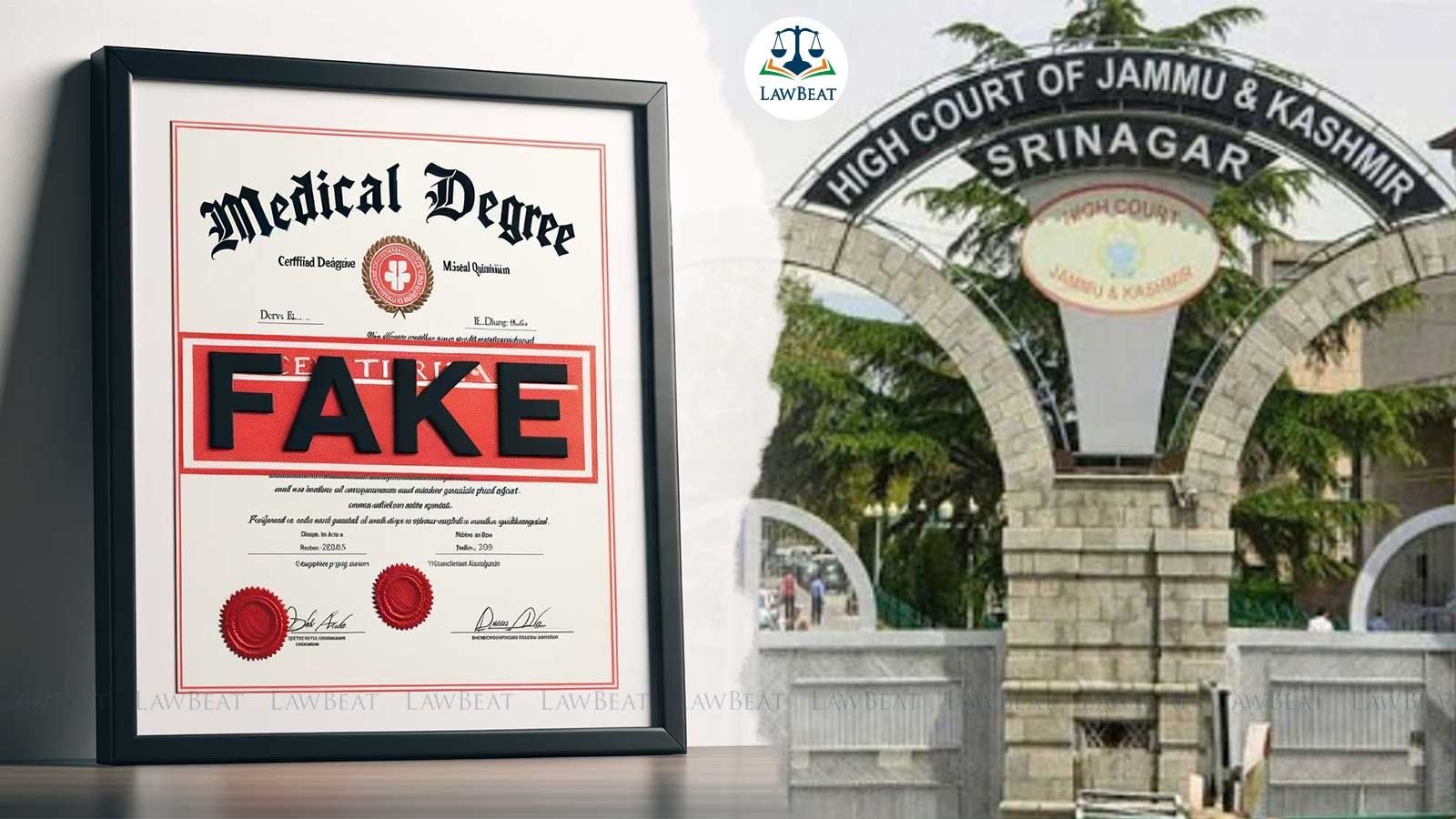Fake Degrees: The Insecurity Behind the Illusion of Prestige Let’s stop pretending.

Buying an honorary doctorate to look important is the academic version of a fake Rolex. It shines for a moment, but anyone who has earned the real thing hears the offbeat tick. You are not fooling them; you are medicating yourself.
The Psychology of Pretending
People do not buy fake degrees because they are evil. They buy them because they are empty.
That paper is not an accomplishment; it is anesthesia. It whispers, “You matter too,” when deep down, you do not believe it.
The ego hates unfinished dreams, so it finds shortcuts. Instead of enduring the study, the sleepless nights, and the mental warfare of real mastery, you buy the costume and call it “Doctor.”
It feels good for a moment, then comes the static: “Will they find out?”
You start performing intellect instead of embodying it. You talk faster, drop names harder, and fear that authenticity might expose you. That is not living; that is maintaining a cover story.
Honorary or Hollow
An honorary doctorate given by a legitimate university is a gesture of respect.
One purchased to patch insecurity is fraud, not only on paper but on the soul.
Many churches, nonprofits, and online groups discovered the hunger for validation and monetized it. For a few hundred dollars, a robe, and a photo, they sell borrowed glory.
You post it, smile at the comments, but the mirror knows the truth. You did not earn it. You rented respect for a day.
When Pretending Becomes Perjury
Federal investigators do not see fake degrees as vanity; they see them as crime.
In the Degrees Matter case, more than twenty people were charged for using counterfeit nursing diplomas. Some touched real patients. When the lie unraveled, so did their lives. Arrests, revoked licenses, and permanent disgrace followed.
You can recover from failure. You cannot recover from being exposed as fake.
Modern HR verifies everything. Lying about credentials is employment fraud, and fraud has consequences.

The Advisor's Lens
Fake degrees are not ambition; they are shame management.
You are not chasing knowledge; you are chasing applause. You crave recognition more than revelation.
But your body knows truth. It leaks through anxiety, overcompensation, and exhaustion. Every handshake feels like an interrogation. Every introduction feels like a test.
That quiet hum of “What if they find out?” corrodes your peace.
You do not need therapy for faking it. You need therapy to understand why you felt you had to.
Vanity Masquerading as Virtue
Even good people want to be seen. Veterans, artists, and leaders all crave acknowledgment.
There is a difference between being grateful for applause and living for it.
Some study to understand. Others study to be understood.
One builds a foundation; the other builds a façade.
Applause fades. Purpose compounds.

The Real Flex
Authenticity is the highest status symbol left.
The real doctorate is not framed; it is forged.
It comes through discipline, failure, and the quiet grind that turns competence into confidence.
Titles fade. Truth endures.
When you are built on honesty, you do not flinch, you do not over-explain, and you do not fear exposure. You are who you say you are, and that is the ultimate flex.
You can buy attention, but not integrity.
You can fake a credential, but not credibility.
And when truth arrives, counterfeit confidence is always the first to crack.
Stop buying validation.
Start building proof.
That is the only degree that counts.
Why This Conversation Matters
This is not only about degrees. It is about identity.
Every week, I meet people cracking under the pressure of performance. Professionals, pastors, parents, and CEOs all suffocating under the weight of pretending.
That is why we push people to do the hard work. To get therapy. To unpack pain. To stop performing and start healing.
Because the goal is not to look successful; it is to be whole.